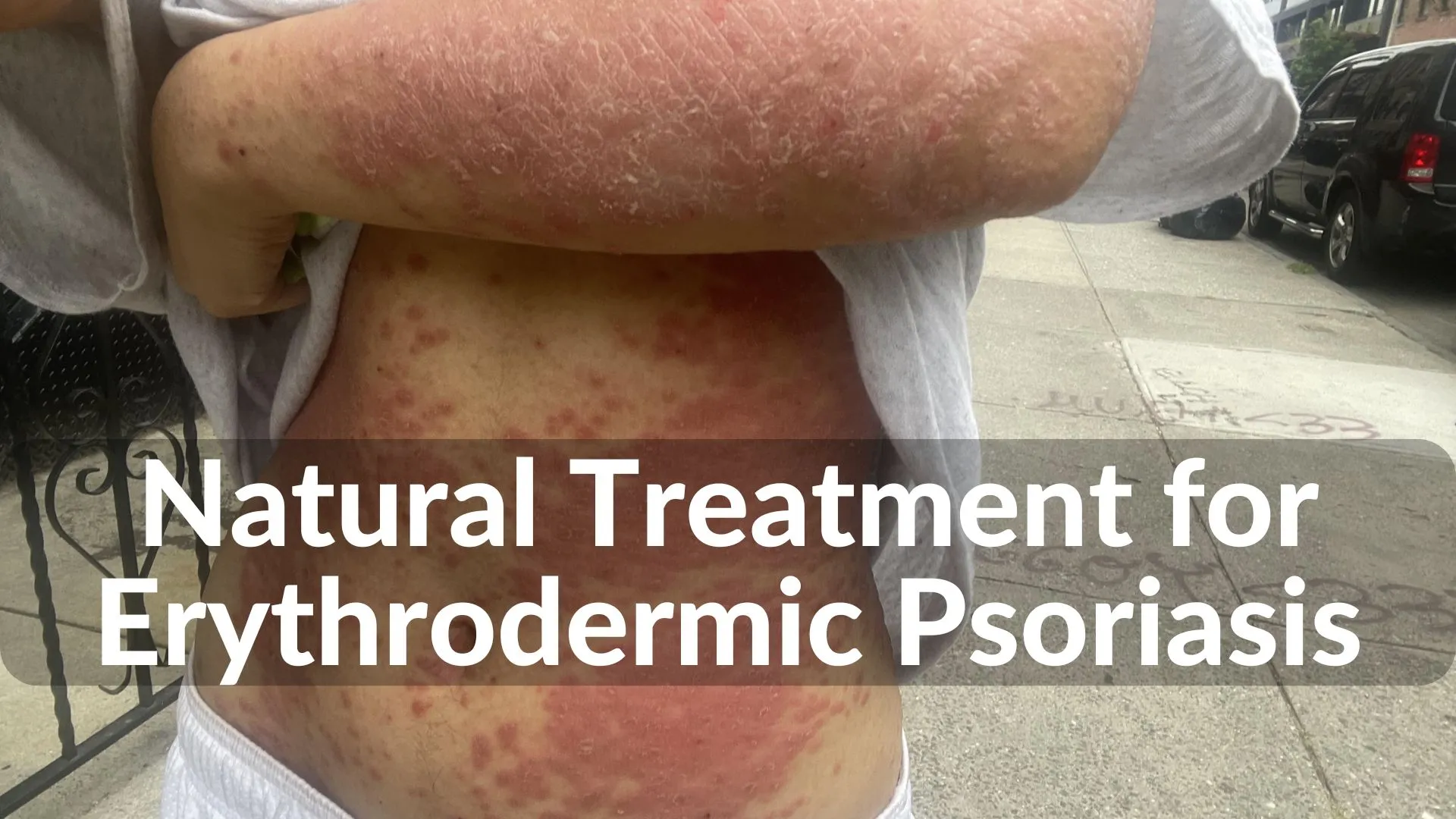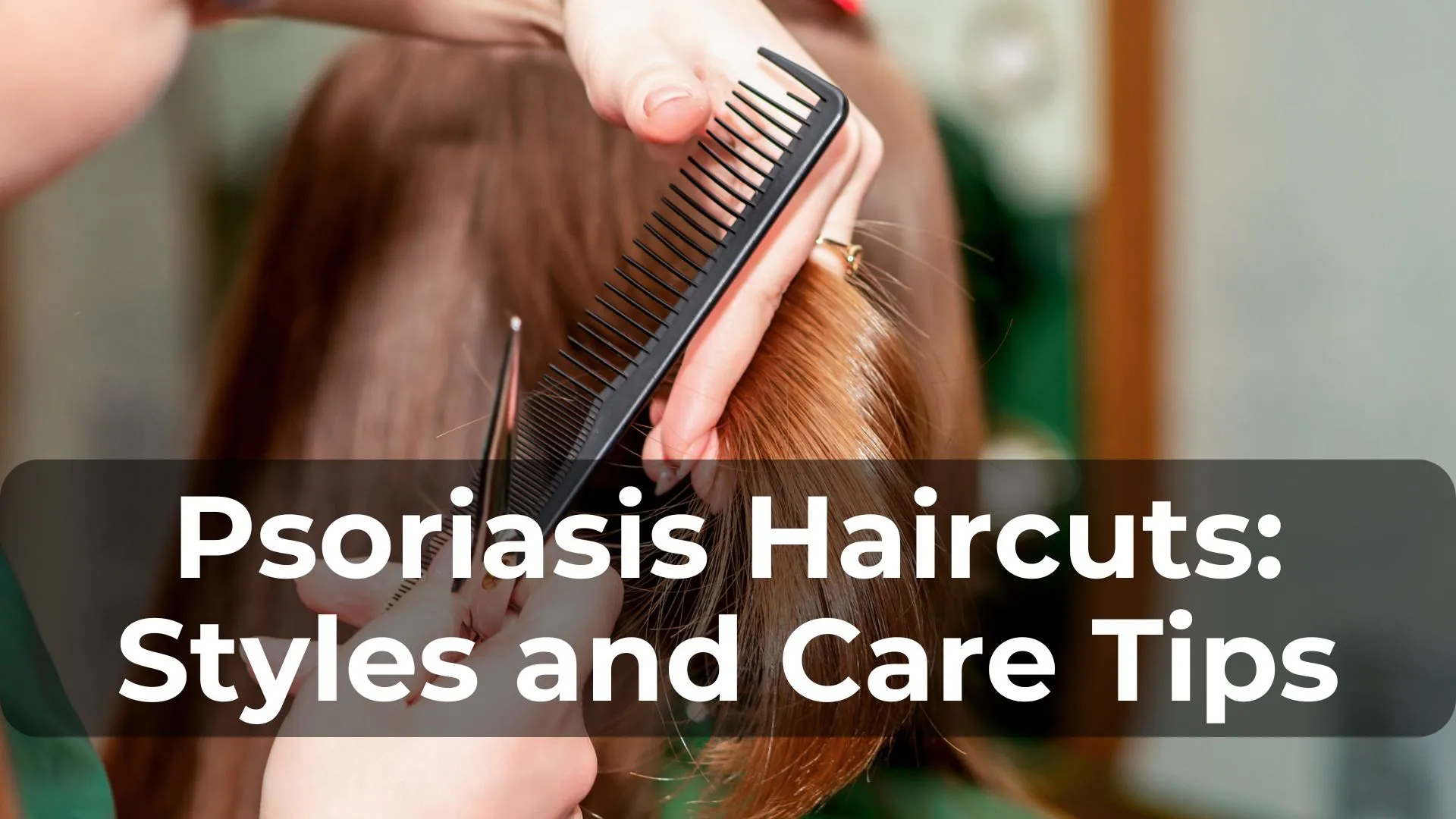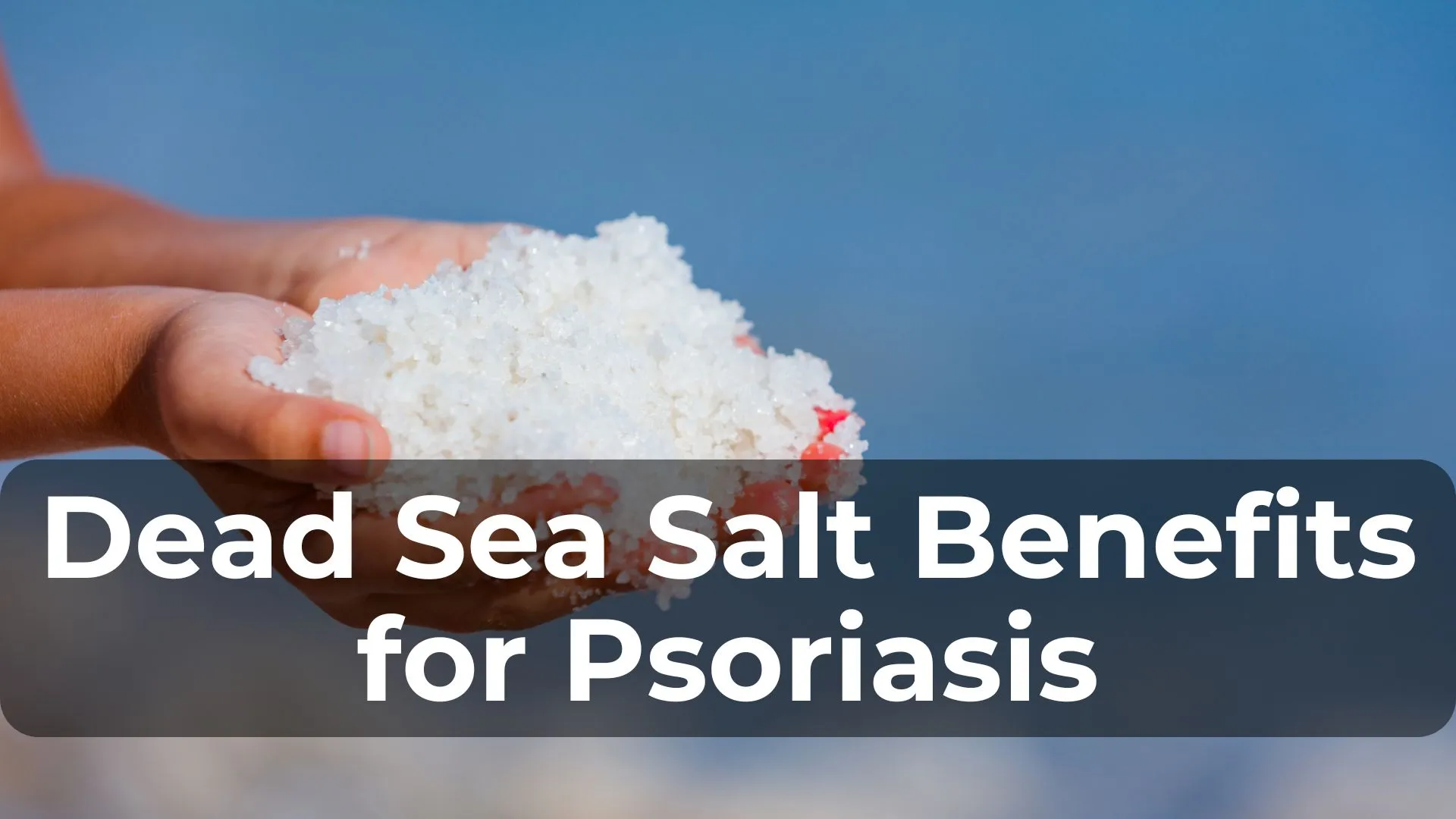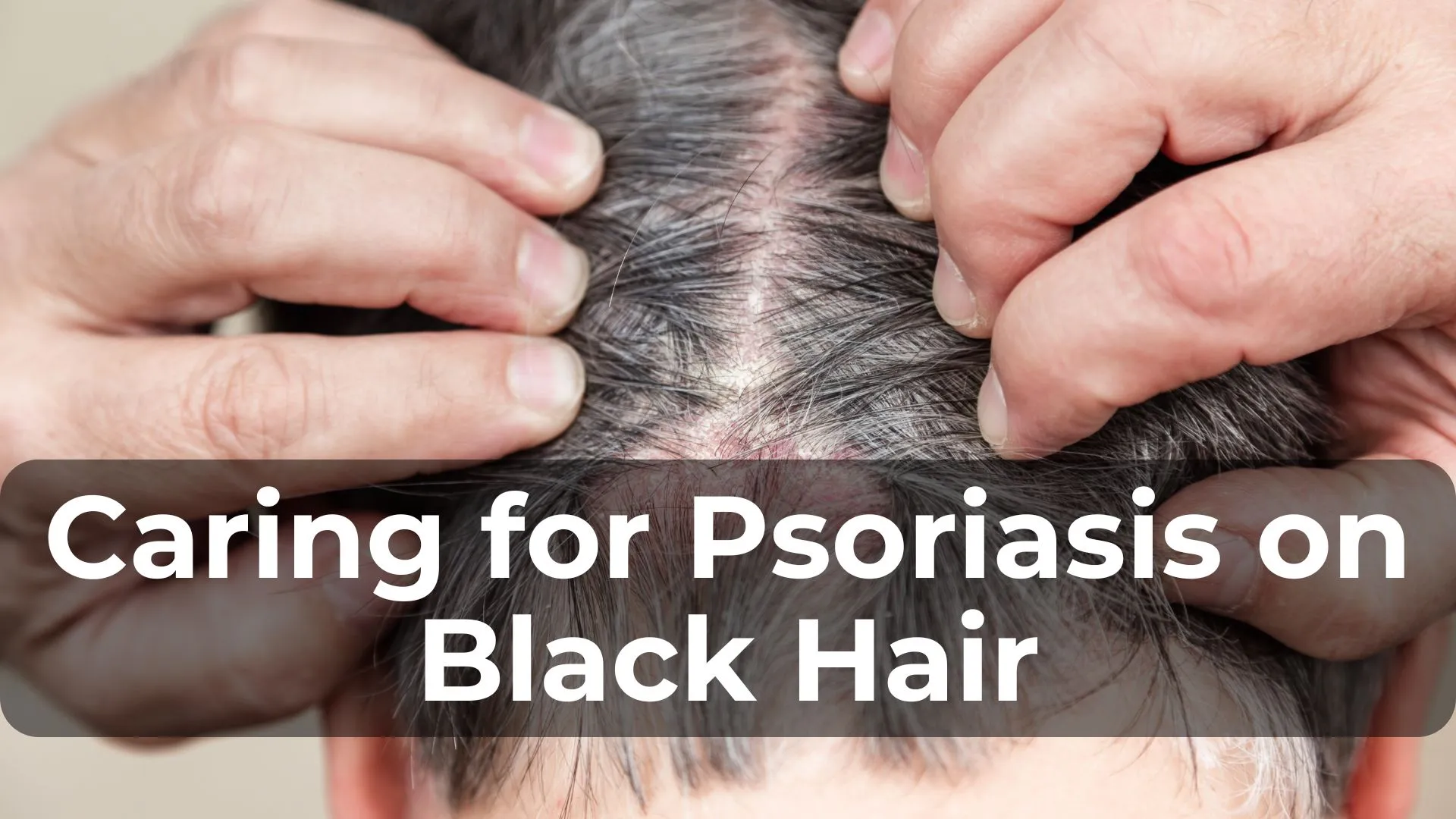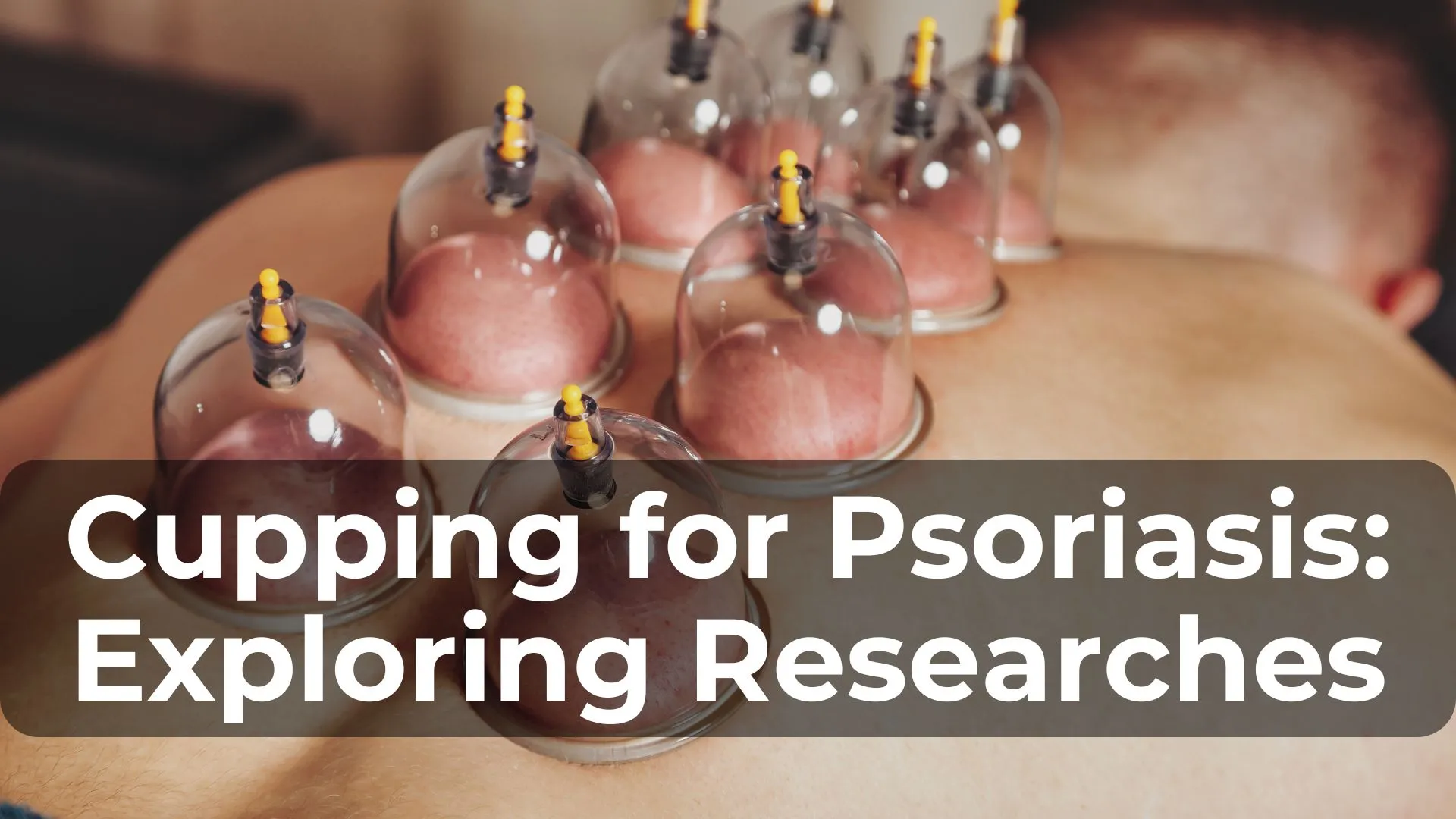Table of Contents
ToggleIntroduction
Living with erythrodermic psoriasis can feel like a constant battle. This severe form of psoriasis not only affects your skin but can also take a toll on your overall well-being. If you’re looking for a more natural and holistic approach to manage your condition, you’re in the right place. In this article, we’ll explore various natural treatments and holistic healing methods in 2024 that can help soothe your skin and bring balance to your body. Whether you’re new to these alternatives or have tried them before, you’ll find valuable insights and practical tips to improve your quality of life. So, let’s dive in and discover how you can take control of your erythrodermic psoriasis naturally!
Understanding Erythrodermic Psoriasis
Erythrodermic psoriasis is a rare and severe form of psoriasis that demands a thorough understanding to manage it effectively. Unlike the more common types of psoriasis, erythrodermic psoriasis can cover almost the entire body with a fiery red rash that can be both painful and itchy. Let’s break down what this condition is and the challenges it presents.
What is Erythrodermic Psoriasis?
Erythrodermic psoriasis is an inflammatory skin disease that falls under the umbrella of psoriasis, a chronic autoimmune condition. This particular type is characterized by widespread redness and scaling that can cover large areas of the body. The skin appears as if it has been burned, which can be alarming both to those experiencing it and those around them.
This condition disrupts the normal life cycle of skin cells, causing them to multiply rapidly and build up on the surface of the skin. The body reacts with inflammation, leading to the intense redness and shedding of skin. Erythrodermic psoriasis can be triggered by various factors, including severe sunburn, infections, certain medications, or the sudden withdrawal from systemic psoriasis treatment.
What are Erythrodermic Psoriasis Symptoms and Challenges?
Symptoms:
- Widespread Redness: The most prominent symptom is a bright red rash that can cover almost the entire body. The skin often feels hot to the touch and may look as if it has been scalded.
- Severe Itching and Pain: The affected skin can be extremely itchy and painful, making daily activities challenging.
- Peeling Skin: Large patches of skin can peel off in sheets, leaving raw and sensitive areas exposed.
- Swelling and Inflammation: Swelling may occur in various parts of the body, adding to the discomfort and pain.
- Temperature Regulation Issues: The extensive skin involvement can interfere with the body’s ability to regulate temperature, leading to chills or fever.
- Changes in Heart Rate: Due to the stress and inflammation, some individuals may experience an increased heart rate.
Challenges:
- Severe Discomfort: The intense itching and pain can significantly disrupt sleep and daily life.
- Infection Risk: The compromised skin barrier increases the risk of infections, which can be serious and require medical intervention.
- Emotional Impact: The visible nature of the condition can lead to feelings of embarrassment, anxiety, and depression.
- Systemic Involvement: Unlike milder forms of psoriasis, erythrodermic psoriasis can affect internal organs, making it a potentially life-threatening condition if not managed properly.
- Complex Treatment Needs: Due to its severity, erythrodermic psoriasis often requires a multifaceted treatment approach, combining medical intervention with lifestyle changes and holistic therapies.
Understanding these symptoms and challenges is crucial for anyone looking to manage erythrodermic psoriasis with natural treatments. With this knowledge, you can better navigate the holistic options that may help alleviate symptoms and improve your quality of life.
What is the Root Cause of Erythrodermic Psoriasis?
After studying numerous patients, their symptoms, histories, and triggers, I concluded that the root cause of erythrodermic psoriasis is common for everyone who suffers from this condition. But what exactly is this root problem? Let’s delve deeper.
So What’s the ROOT Problem?
First, let me give you a new perspective on psoriasis. Psoriasis is not just a skin issue; it is an external manifestation of the body’s attempt to “throw off” internal toxins. In essence, psoriasis is the way some people, who are genetically predisposed, get rid of the surplus toxins in their blood through their skin.
System Imbalance and Toxin Accumulation
The primary cause of erythrodermic psoriasis lies in a systemic imbalance caused by the accumulation of toxins over the years. These toxins are not just superficial irritants; they penetrate deep into our system and lead to chronic inflammation, which then manifests as the severe skin disease we recognize as erythrodermic psoriasis.
Chronic Inflammation: The Culprit Behind the Flare-Ups
Chronic inflammation is the body’s prolonged and excessive response to these accumulated toxins. When the immune system is constantly on high alert due to these toxins, it begins to malfunction. Instead of protecting the body, the immune response becomes hyperactive, leading to the rapid skin cell turnover and the widespread inflammation characteristic of erythrodermic psoriasis.
A Whole-Body Response
Psoriasis, including its erythrodermic form, is a whole-body response. It’s not confined to the skin but involves a complex interplay between the immune system, nervous system, and overall health. The immune response that drives psoriasis originates from the brain, spinal cord, and nervous system. These systems work together to release immune factors that normally help kill off invaders and keep us healthy. However, in psoriasis, this response becomes overactive due to the body being hyperdriven by various stressors.
Stressors: The Triggers that Overwhelm the System
The stressors that can tip this delicate balance include environmental factors, lifestyle choices, emotional stress, and even certain medications. These stressors contribute to the accumulation of toxins and exacerbate the immune system’s hyperactivity, leading to the severe symptoms seen in erythrodermic psoriasis.
Why Choose Natural Treatments and Holistic Healing for Erythrodermic Psoriasis?
When it comes to managing erythrodermic psoriasis, choosing natural treatments and holistic healing methods can offer a range of benefits. Let’s explore why these approaches are worth considering.
No Side Effects
One of the most compelling reasons to choose natural treatments is the absence of harmful side effects. Conventional medications for erythrodermic psoriasis, such as immunosuppressants and biologics, can come with a host of side effects, from mild to severe. These can include increased risk of infections, liver damage, and even cancer in some cases. In contrast, natural treatments use ingredients that are gentle on the body, reducing the risk of adverse reactions and allowing you to manage erythrodermic psoriasis more safely.
Holistic Approach
Holistic healing emphasizes treating the whole person, not just the symptoms. This approach considers your physical, emotional, and spiritual well-being, recognizing that all these aspects are interconnected. By addressing the root cause of erythrodermic psoriasis—systemic imbalance and toxin accumulation—you can achieve more lasting and comprehensive relief. Holistic treatments often include dietary changes, stress management techniques, and natural supplements, creating a well-rounded plan that supports your overall health.
Natural Ingredients
Natural treatments utilize ingredients derived from plants, minerals, and other natural sources. These ingredients have been used for centuries in traditional medicine for their healing properties. For instance, aloe vera, turmeric, and neem are known for their anti-inflammatory and skin-soothing effects. By incorporating these natural remedies into your treatment plan, you can benefit from their healing properties without the risks associated with synthetic drugs.
Cost-Effectiveness
Managing erythrodermic psoriasis with natural treatments can also be more cost-effective in the long run. Prescription medications and frequent doctor visits can be expensive, especially if you need long-term treatment. Natural remedies and holistic practices, on the other hand, often involve lower costs and can be easily integrated into your daily routine. Moreover, many natural ingredients can be found in your kitchen or garden, making them accessible and affordable.
Better Overall Health
Natural treatments and holistic healing promote not only healing from erythrodermic psoriasis but also better overall health. By focusing on detoxifying the body, reducing inflammation, and strengthening the immune system, you can improve not only your skin condition but also your general well-being. This approach encourages a healthier lifestyle, including a balanced diet, regular exercise, and stress reduction techniques, all of which contribute to improved physical and mental health.
Best Natural Treatments for Psoriasis Erythrodermic Healing in 2024
To truly heal from erythrodermic psoriasis, a holistic approach is essential. This means addressing all aspects of your health—physical, chemical, and emotional/spiritual—to detoxify your body and restore balance. By working on each aspect, you can support your body’s natural healing processes and improve your overall well-being. Let’s dive into the various components of a holistic treatment plan.
Physical Aspects
Regular Exercise
Regular exercise is a cornerstone of holistic health. It helps improve circulation, reduce inflammation, and manage stress. For those with erythrodermic psoriasis, gentle exercises such as yoga, swimming, and walking can be particularly beneficial. These activities are low-impact, reducing the risk of skin irritation and injury, while promoting overall physical health and mental well-being.
Sunlight Therapy
Phototherapy or sunlight therapy involves controlled exposure to natural sunlight. Sunlight contains ultraviolet (UV) rays, which can help slow down the rapid skin cell turnover associated with psoriasis. Just 10-15 minutes of sunlight exposure a few times a week can make a significant difference. However, it’s important to avoid overexposure to prevent sunburn, which can exacerbate psoriasis symptoms.
Chemical Aspects
Dietary Changes
Diet plays a crucial role in managing erythrodermic psoriasis. Adopting an anti-inflammatory diet can help reduce symptoms and promote healing. Focus on consuming whole, unprocessed foods rich in antioxidants, omega-3 fatty acids, and vitamins. Include plenty of fruits, vegetables, nuts, seeds, and fatty fish in your diet. Avoiding trigger foods such as dairy, gluten, and processed sugars can also help minimize flare-ups.
Detoxification
Detoxification helps eliminate toxins from the body that contribute to systemic inflammation. Natural detox methods include drinking plenty of water, consuming detoxifying foods like leafy greens and citrus fruits, and incorporating herbs like milk thistle and dandelion root. Additionally, practices such as dry brushing and Epsom salt baths can support the body’s detox processes by promoting lymphatic drainage and removing toxins through the skin.
Supplements
Certain supplements can support the body’s healing process and reduce psoriasis symptoms. Omega-3 fatty acids, found in fish oil, have anti-inflammatory properties. Vitamin D, often deficient in people with psoriasis, can help regulate the immune system. Probiotics support gut health, which is crucial for overall immune function. Before starting any supplement regimen, consult with a healthcare provider to ensure safety and appropriateness for your specific needs.
Emotional/Spiritual Aspects
Managing stress is vital for those with erythrodermic psoriasis, as stress can trigger flare-ups and exacerbate symptoms. Incorporating stress-reduction techniques such as mindfulness meditation, deep breathing exercises, and guided imagery can help calm the mind and body. Additionally, engaging in activities that bring joy and fulfillment, such as hobbies, spending time with loved ones, and practicing gratitude, can enhance emotional well-being.
Natural Remedies
Natural remedies can provide additional support in managing erythrodermic psoriasis. Many herbs, teas, and oils have skin-soothing and healing properties. For example, aloe vera gel can help reduce redness and inflammation, while tea tree oil has antimicrobial benefits that can prevent infections. Chamomile tea and lavender oil can help calm the skin and promote relaxation. However, it’s important to note that while these remedies can support skin health and provide relief, they are not a cure for psoriasis on their own.
Conclusion
Erythrodermic psoriasis can be a daunting condition to manage, but with the right approach, it is possible to find relief and achieve lasting health. By understanding the root causes and embracing a holistic and natural treatments, you can address not just the symptoms, but the underlying imbalances that trigger erythrodermic psoriasis. The Psoriasis Freedom Protocol offers a comprehensive, personalized guide to healing from the inside out, utilizing safe, natural remedies and lifestyle changes. From detoxification and dietary adjustments to stress management and regular exercise, every aspect of your well-being is considered.
Investing in the Psoriasis Freedom Protocol means taking a proactive step towards reclaiming your life and achieving long-term freedom from psoriasis. Empower yourself with the knowledge, tools, and support needed to embark on your journey to natural healing. Say goodbye to the relentless symptoms and embrace a future of improved health and vitality. Your path to a psoriasis-free life begins here.

